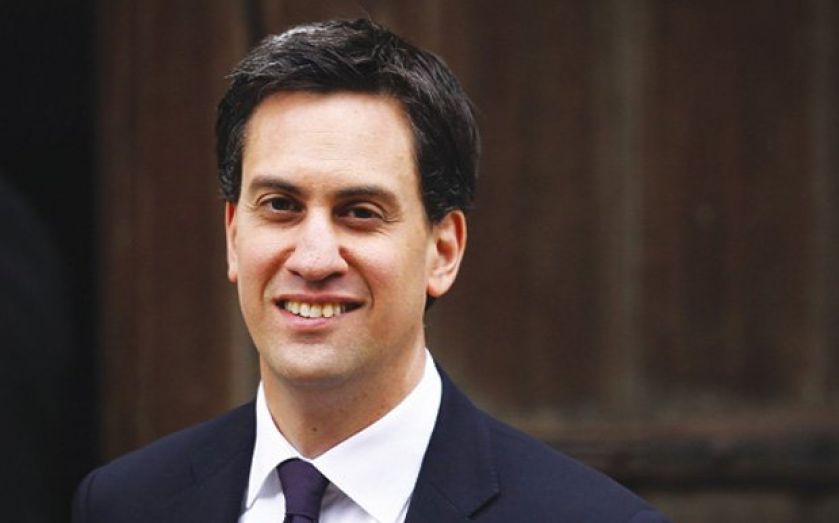Why interest rate rises won’t push voters into Ed Miliband’s arms

We all know they are coming, even if not quite yet. The Bank of England Monetary Policy Committee (MPC) is not expected to change interest rates this week, but its inaction is unlikely to last for long. In August, dissenters appeared on the MPC for the first time since 2011, with two members voting for an interest rate rise. And with the general election only eight months away, could the impact of coming rate hikes on mortgage holders be important electorally as well as economically?
Since 2009, mortgage holders have benefited from interest rates at historic lows, even as the wider economic environment has remained tough. Governor Mark Carney also recently pointed to the likelihood of a “new normal” of rates around 2.5 per cent, lower than the historic normal of around 5 per cent.
This matters because housing costs make up a large proportion of household outgoings; our survey for Panorama last year found that 31 per cent of mortgage holders spend more than a third of their income on their mortgage. The Resolution Foundation has described a “debt peril”, with even a relatively benign rise in interest rates seeing the number of households spending more than half of their disposable income on debt repayments potentially hitting 1.1m by 2018. Our latest poll for the Halifax found 41 per cent concerned about the impact of interest rate rises on their monthly mortgage repayments, with variable rate holders most worried (57 per cent). For a fifth of those concerned, increases in monthly repayments of as little as £49 (or less) would be difficult to afford.
This is important electorally for at least two reasons. First, the prevailing economic climate and perceptions of the government’s record will be critical in the lead up to the general election. Second, mortgage holders have considerable voting power; they make up a third of the electorate and, with home-owners, are more likely to turn out than renters. Historically, they have also been one of two bellwether tenures (private renters being the other), voting for the winning party at the last four elections.
At first sight, rate rises might offer some potential political capital for Labour, perhaps adding to its “cost of living crisis” narrative. In July, Ed Balls suggested that interest rates could rise “prematurely” because the government has failed to build new homes quickly enough.
At the moment, however, mortgage holders are not especially different from other tenures. In fact, this group is less likely to say they have worried in the past two to three weeks about interest rate rises than private and social renters (likely reflecting loans and other borrowing). Our monthly Issues Index finds mortgage holders’ top two issues of concern to be the economy and immigration, the same as for owners, and private and social renters. And across our last three polls, Labour has a two point lead among this group, mirroring the overall picture. This slim lead comes despite, not because of, Ed Miliband (who is polling better among renters than mortgage holders).
All the indications are that, when they come, rate rises will be incremental, and the Bank will want to avoid undue shocks to household finances and the economy. Rates are worth watching, but so are the mood and affiliations of mortgage holders.